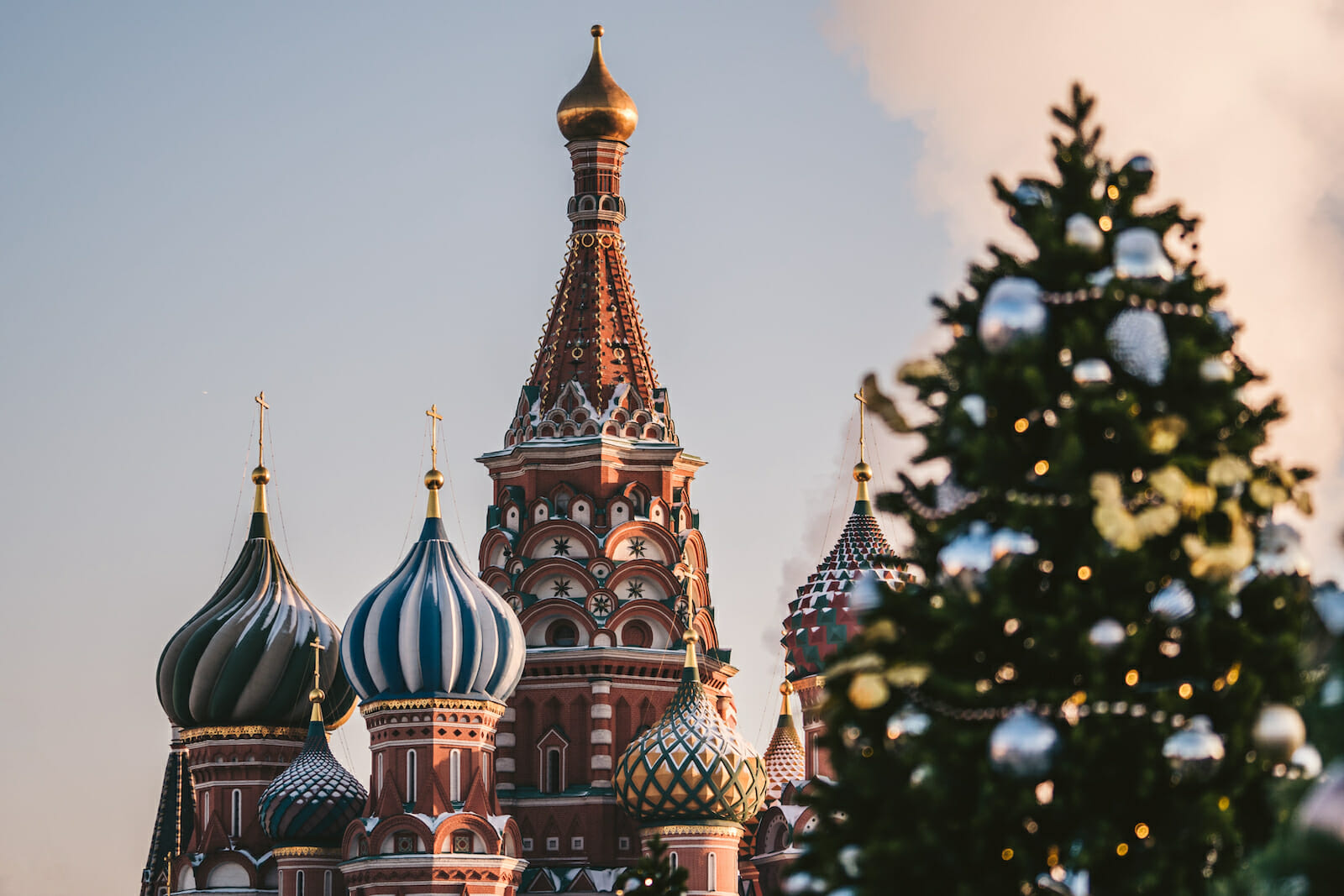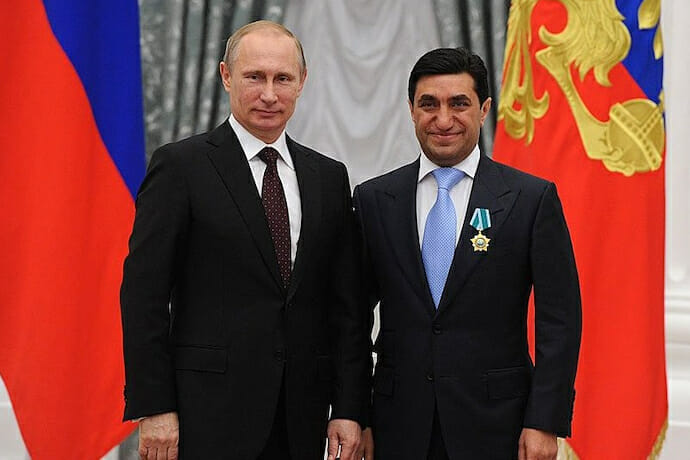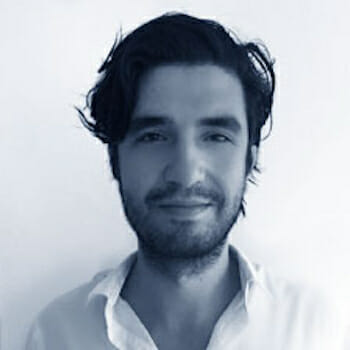
Moscow Real Estate Feud has Potential to Roil German-Russian Relations
A tussle between two Azerbaijan-born real estate tycoons — one a permanent resident of Germany and the other living in Russia — threatens to become a new source of contention in the countries’ up-and-down relations.
The case involves allegations that Moscow-based billionaire God Nisanov illegally seized hundreds of millions of dollars in property in the Russian capital from German-based Ilgar Hajiyev, his 46-year-old former partner.
Another German-based Azerbaijani, Ziya Gaziyev, became part of the dispute when he acquired 80 percent of Hajiyev’s SDI Group, the Russia-focused property developer whose assets Nisanov seized. Hajiyev and Gaziyev are also longtime partners.
Hajiyev is far from being the only victim of the dispute. More than 1,000 Russian families put money down on apartments he was building at three large-scale complexes in Moscow.
After Nisanov seized the properties, someone transferred millions in down payments out of SDI Group’s accounts, Hajiyev contends in court documents he filed in Russia to try to get the complexes back.
The Russian government has stayed out of the stand-off. Before it surfaced, Russian federal police raided outdoor markets in Moscow that Nisanov’s family runs to investigate unrelated allegations of tax-evasion and money-laundering. But the investigations were soon swept under the carpet. The largest commercial real estate holder in the Russian capital, Nisanov is a close business associate of the sanctioned Rotenburg brothers and has been referred to by Russian media as a personal friend of Moscow Mayor Sergei Sobyanin.
Nisanov’s reputation caught up with him not long ago when Israeli officials refused to let him into the country to attend the wedding of former Israeli cabinet member Avigdor Lieberman’s son. Lieberman heads the Israel Our Home party.
In addition to going to court in Russia to try to get their Moscow property back, Hajiyev and Gaziyev will be talking with the German-Russian Business Council – AHK and Bundestag members about the situation. They hope their stature as prominent permanent residents of Germany can persuade parliamentarians to intervene on their behalf, said Gaziyev, who was once an assistant to Bundestag member Petra Merkel.

“I would have stayed in Russia to fight the seizure,” said Hajiyev, who has pumped $50 million of his own money into the complexes, “but I began receiving death threats.” He is now dividing his time between Germany and Switzerland.
If the property dispute escalates into an international incident, it could fray relations between Germany and Russia again. Those ties have improved with Germany’s refusal to bow to U.S. demands to scrap the Nord Stream 2 pipeline, which will deliver gas from Russia to Germany and beyond in 2020.
Relations have also been strained over Germany’s support for U.S. and European sanctions against Russia, false stories traced to Russia about German immigrants raping a 14-year-old Russian immigrant, and other issues.
The seizure of Gaziyev and Hajiyev’s Moscow property is a tale out of the Wild West.
The ground was laid in 2018 when Nisanov secured the land for three high-rise complexes and Hajiyev began building them.
In late 2018, Nisanov demanded that Hajiyev convert the residential high-rises he was erecting into more lucrative commercial properties, the Russian newspaper Novaya Gazeta reported.
Hajiyev refused, noting that hundreds of families had already signed contracts.
The breaking point in the feud came in mid-January 2019 when a group of men took control of the residential complexes that were going up — the VernadSKY on Vernadsky Prospekt, the Pirogovskaya Riviera in Moscow’s Mytishchi District, and the Akkord Smart Kvartal in the Odintsovo District.
On January 24, 2019, another group of raiders bounded into SDI Group’s offices on Kutuzovsky Prospekt in the center of Moscow and demanded the keys to the building. Some were in ordinary clothes and some were wearing uniforms of the Vityaz security company, which guards some of Nisanov’s properties and is run by his confidant, Maksim Kotov.
Meanwhile, Hajiyev received a number of death threats, prompting him to flee to Germany.
Suddenly, a partner-turned-rival had expropriated a sizeable chunk of Hajiyev’s assets, strong-arming them away in mafia fashion without compensation, Novaya Gazeta reported. Nisanov has not commented on the situation.
The overnight loss of three prime real estate developments was a rare but devastating setback for Hajiyev, whose rags-to-riches story has become legendary in Azerbaijan.
Hajiyev left home at 15 to seek his fortune in Russia in the late 1980s, during the twilight of the Soviet Union.
One day he noticed throngs of hot, sweaty workers leaving a factory after their shift.
“What’s the first thing a tired worker wants after a long day’s work?” he asked himself. The answer was beer. They could slake their thirst from bottles they picked up on the way home, but why wait?
Hajiyev bought crates of beer to hawk outside several factories. It was a masterstroke. He made a million dollars before he was 19. He then branched into sporting goods and other retail lines.
By the time he was in his late 20s, Hajiyev was back in Azerbaijan, founding its first billion-dollar enterprise — the Akkord construction company. He built badly needed transportation projects such as roads, bridges, and airports not only there, but also in Kazakhstan, Uzbekistan, Georgia, and later Eastern Europe and even Nigeria.
In one two-year period, he opened a major infrastructure project every month, lighting a fire under commerce in the countries where they were going up. With President Ilham Aliyev taking part in many of the groundbreaking ceremonies, Hajiyev became a household name in Azerbaijan.
Akkord’s success prompted Hajiyev to return to Russia in 2012 as head of his new real estate and business development company, SDI Group. Although he founded it expressly to tap the Russian market, it branched into projects in Central Asia, the Caucasus, and the Middle East as well.
Three years later, he relocated to Germany to develop projects in Western Europe.
Hajiyev also got to know and partnered with Nisanov, who had become a property-development and retailing billionaire in Russia.
The partnership was good for both until their dispute in 2018 over the real estate complexes that Hajiyev was building.
With money continuing to come in from several types of businesses and a number of countries, Hajiyev is hardly destitute. But $50 million is a lot, even for someone wealthy.
In the spring of 2019, as Hajiyev was working on ways to recoup his Moscow investment and return to the Russian business world, his Berlin-based partner Gaziyev gave him a shot of confidence by buying 80 percent of SDI Group.
Gaziyev said Hajiyev had agreed to sell him a majority stake in SDI before the dispute with Nisanov. “I decided there was no way I would abandon an old friend at such a difficult time,” Gaziyev said.
With the real estate sector in Moscow, St. Petersburg and other big Russian cities booming, the country is likely to be a great property-investment market for years to come, he added.
Hajiyev continues to hold out hope that the dispute with Nisanov will be resolved, either through negotiations with his former partner, legal action, or Germany intervening with the Russian government to help a high-profile permanent resident who has been wronged.
In addition to the impact on his own business, Hajiyev said, he worries about the unresolved dispute claiming hundreds of other victims.
“A lot of people who were working for me — and paying taxes to the Russian government — may end up losing their jobs,” he said. “And what about the more than 1,000 families who gave SDI Group down payments on apartments? Will they get their money back, or ever see their homes?”
The latest reports he has received from Moscow are that construction on all three complexes has ground to a halt.
“No one understands what will happen next,” Hajiyev said. “We very much hope that justice will prevail, and we can return to our work in Moscow. But right now, who knows?”

